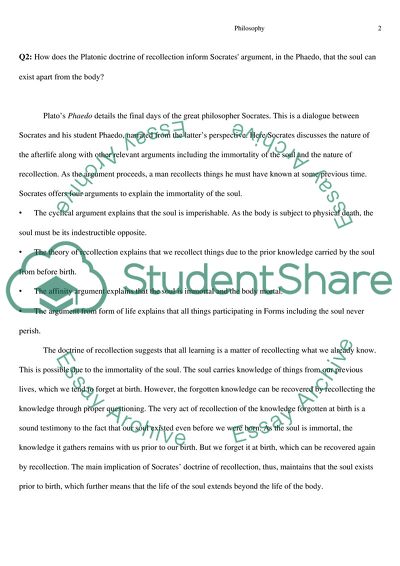Cite this document
(Philosophy: Great Works of Western Philosophy Assignment, n.d.)
Philosophy: Great Works of Western Philosophy Assignment. https://studentshare.org/philosophy/1725062-philosophy-great-works-of-western-philosophy-2
Philosophy: Great Works of Western Philosophy Assignment. https://studentshare.org/philosophy/1725062-philosophy-great-works-of-western-philosophy-2
(Philosophy: Great Works of Western Philosophy Assignment)
Philosophy: Great Works of Western Philosophy Assignment. https://studentshare.org/philosophy/1725062-philosophy-great-works-of-western-philosophy-2.
Philosophy: Great Works of Western Philosophy Assignment. https://studentshare.org/philosophy/1725062-philosophy-great-works-of-western-philosophy-2.
“Philosophy: Great Works of Western Philosophy Assignment”. https://studentshare.org/philosophy/1725062-philosophy-great-works-of-western-philosophy-2.


